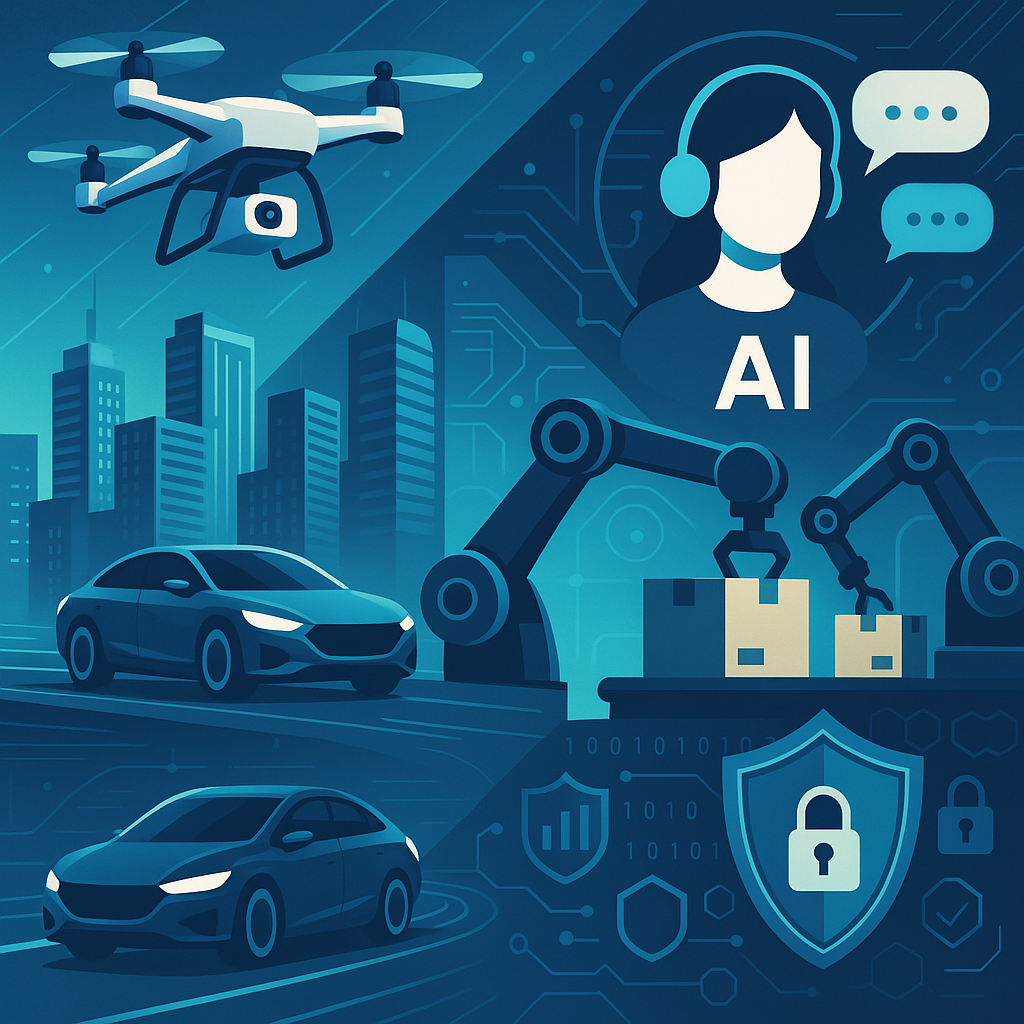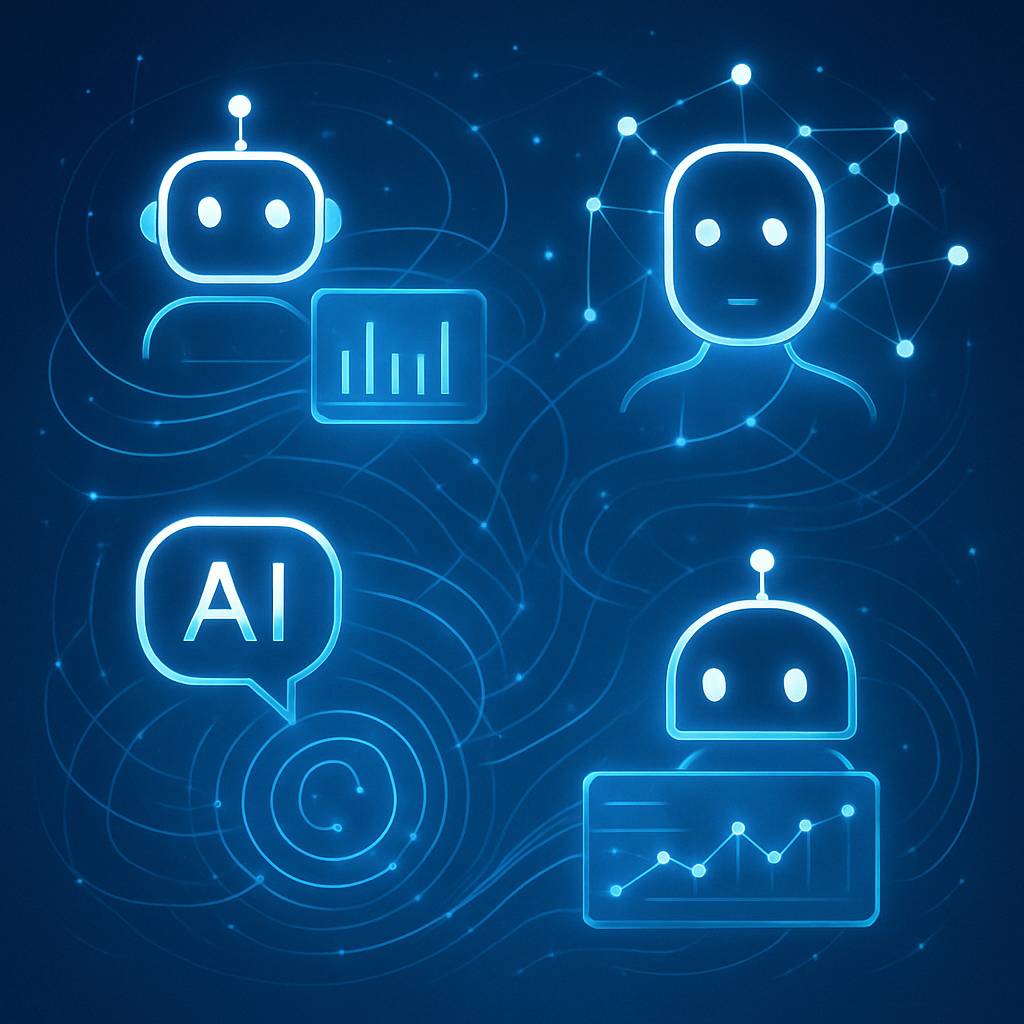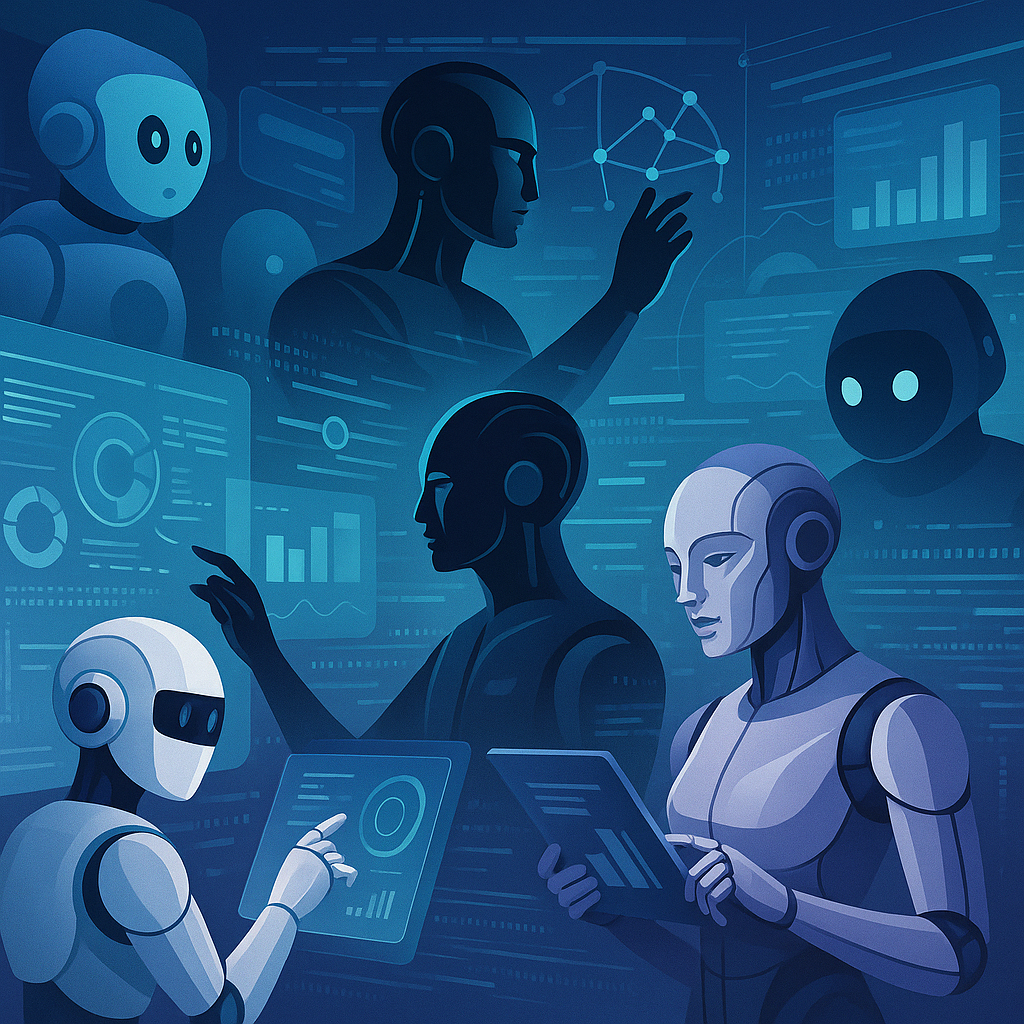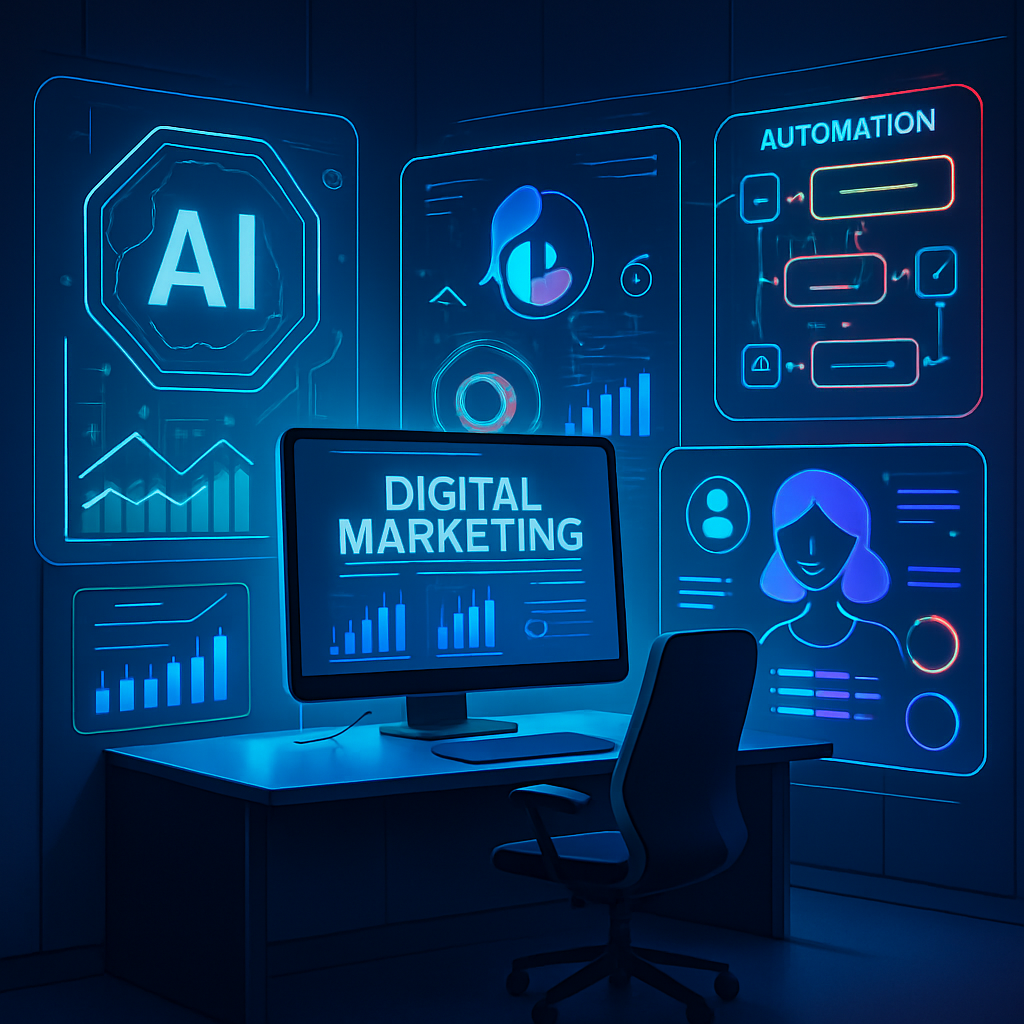
Exploring Real-World Applications: 7 AI Agent Examples
Introduction to Agents in Artificial Intelligence
In the evolving landscape of artificial intelligence, agents play a pivotal role in automating tasks, making decisions, and interacting intelligently with their environments. But what exactly defines an AI agent? At its core, an agent is an autonomous entity that perceives its environment through sensors and acts upon that environment via actuators to achieve specific goals.
AI agents vary widely—from simple rule-based programs to sophisticated systems employing machine learning and reasoning. This article delves into seven standout examples of AI agents actively transforming real-world scenarios across industries in 2025.
1. Autonomous Delivery Drones
Delivery drones are exemplary AI agents operating in complex, dynamic environments. Equipped with advanced sensors, navigation algorithms, and decision-making capabilities, these drones independently plan routes, avoid obstacles, and deliver packages efficiently.
In urban logistics, companies increasingly deploy fleets of autonomous drones to provide environmentally friendly and time-sensitive deliveries. These agents dynamically adapt to weather conditions, airspace regulations, and traffic patterns, embodying real-time autonomous decision making.
2. Intelligent Virtual Assistants
Virtual assistants like enhanced customer support bots or personal scheduling agents have matured into true AI agents capable of understanding context, managing conversations, and anticipating user needs.
For example, next-generation virtual assistants now integrate sentiment analysis and advanced natural language understanding to tailor responses, handle multi-turn dialogue, and proactively suggest actions such as booking meetings or summarizing emails, greatly enhancing productivity.
3. Automated Financial Trading Bots
In high-frequency trading, AI agents process real-time market data, recognize patterns, and execute trades within milliseconds. These trading bots leverage reinforcement learning and predictive analytics to optimize investment strategies and manage risk dynamically.
Unlike traditional scripted algorithms, modern trading agents continuously learn from market fluctuations, adapting their behavior to maximize returns while accounting for complex variables such as news sentiment or geopolitical events.
4. Smart Healthcare Monitoring Systems
AI agents embedded in wearable devices and health monitoring platforms provide personalized medical assistance without constant human supervision. These agents collect physiological data, detect anomalies, and alert both patients and healthcare providers when intervention is needed.
Beyond monitoring, some agents recommend medication adjustments or lifestyle modifications by interpreting trends over time, empowering proactive and preventive healthcare management.
5. Autonomous Vehicles
Self-driving cars and trucks represent some of the most advanced AI agents, synthesizing data from cameras, radar, lidar, and GPS to navigate unpredictable environments safely.
These agents continuously analyze traffic conditions, predict the actions of other road users, and adjust vehicle controls—all in real time. Their ability to learn from vast driving datasets enables ongoing improvement in performance, edging closer to full autonomy.
6. Smart Energy Management Agents
In energy grids and smart buildings, AI agents manage consumption, optimize resource allocation, and integrate renewable energy sources. They assess usage patterns, forecast demand, and automate adjustments to heating, cooling, and lighting systems.
By operating autonomously yet cooperatively, these agents contribute to sustainability goals and reduce operational costs, demonstrating AI’s vital role in environmental stewardship.
7. AI-Powered Cybersecurity Agents
Modern cybersecurity relies on AI agents to monitor network traffic, detect anomalies, and respond to threats in real time. These agents learn evolving attack patterns and automatically deploy countermeasures or isolate compromised systems.
Their proactive nature complements human analysts by handling large-scale data and uncovering subtle, novel cyber-attacks that traditional systems might miss.
Conclusion: Embracing the Potential of AI Agents
Agents in artificial intelligence have gracefully transcended theoretical constructs to become indispensable tools across many sectors. The seven examples outlined—ranging from delivery drones to cybersecurity agents—exemplify how autonomous, adaptable, and intelligent systems are reshaping industries.
As these agents continue to integrate deeper into everyday life and business, understanding their distinct real-world applications offers valuable insights into AI's dynamic future. These examples also illuminate both the opportunities and challenges of designing agents that can operate effectively and ethically within complex, uncertain environments.
Ultimately, AI agents represent a critical frontier of innovation, harnessing computation, perception, and action to augment human capabilities and transform our interconnected world.







